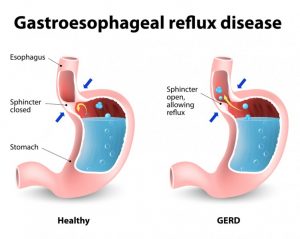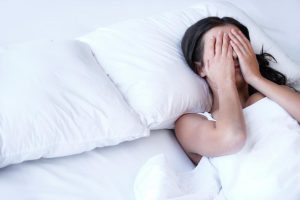Feeling exhausted in the morning and throughout the day, despite getting an adequate amount of sleep, is a common side-effect of Obstructive Sleep Apnea (also known as OSA). There are a lot of modern solutions available, but it’s important to find the solution that best fits your needs.
Sleep Rehab prides itself on providing non-invasive and non-surgical solutions for sufferers of OSA. Dr. Fedosky and his team of highly skilled medical professionals provide top-of-the-line products to get you back to a more comfortable life. This month, we’re highlighting an oral appliance, the Whole You™ Respire Blue.

This product is an alternative solution for something more robust like a CPAP machine. As a customized, personalized mouthpiece, it features a dual block design with interlocking wings. It works by keeping the airway open in any sleep position and allows for a wide range of mouth movements.
The Respire Blue has mesh support that is welded and placed inside the acrylic mouthpiece. This improvement offers one of the strongest dorsal fin designs on the market, it’s easily adjustable, and it has more room in the anterior area which allows the patient to open and close as they please. It is also open in the front to add comfort by increasing the tongue space allowing the patient to inhale and exhale more air per breath.
More details:
- 4-Wing dorsal fin appliance
- Dual-block design with more freedom for vertical mouth movement
- Additional support for lateral movement
- 1-year manufacturer’s warranty
It should be noted that the Whole You™ Respire Blue is not available for purchase on its own. A sleep test and diagnosis are required, which can be done at Sleep Rehab! Please fill out an appointment form here and we look forward to helping you soon.






